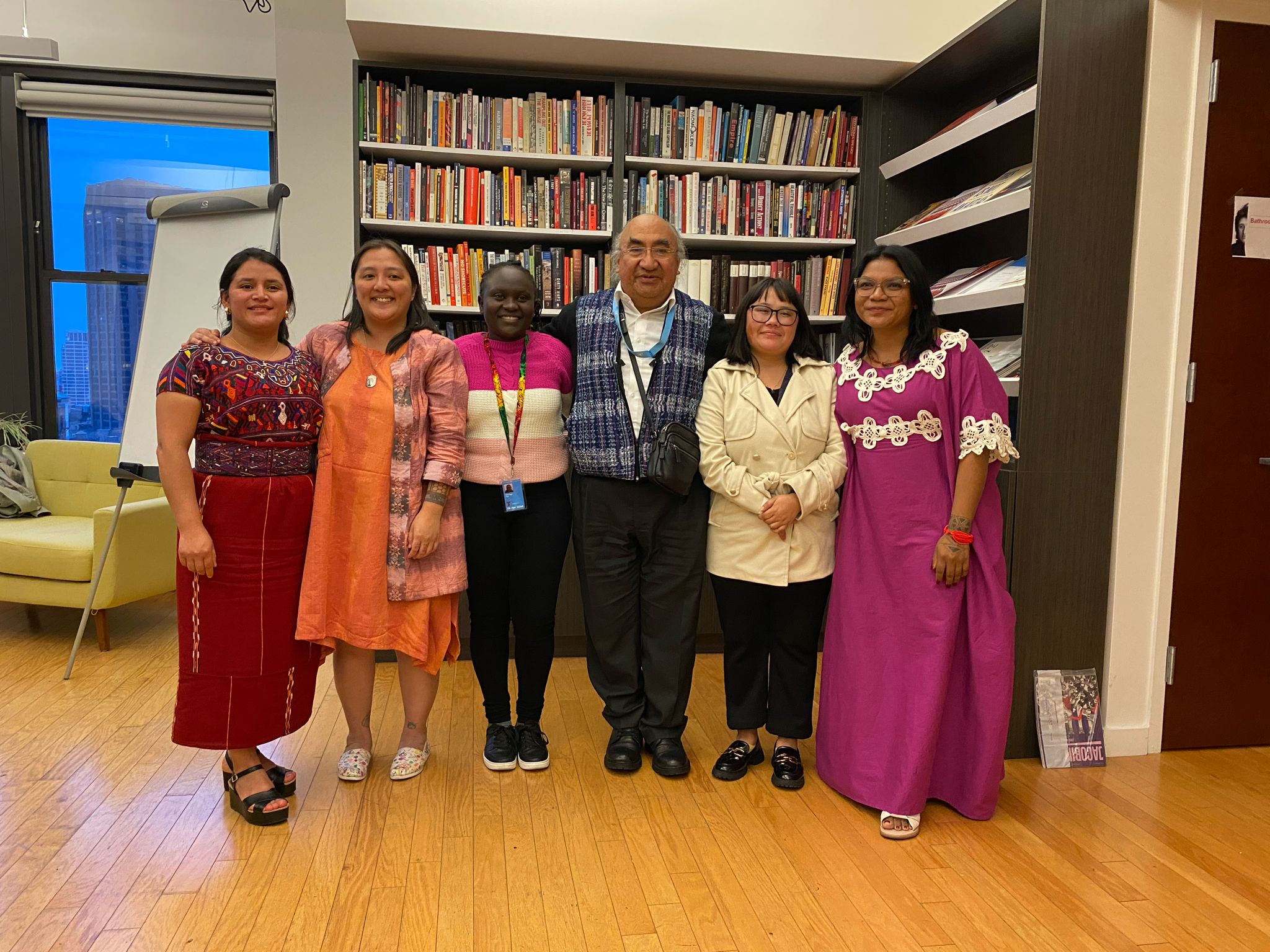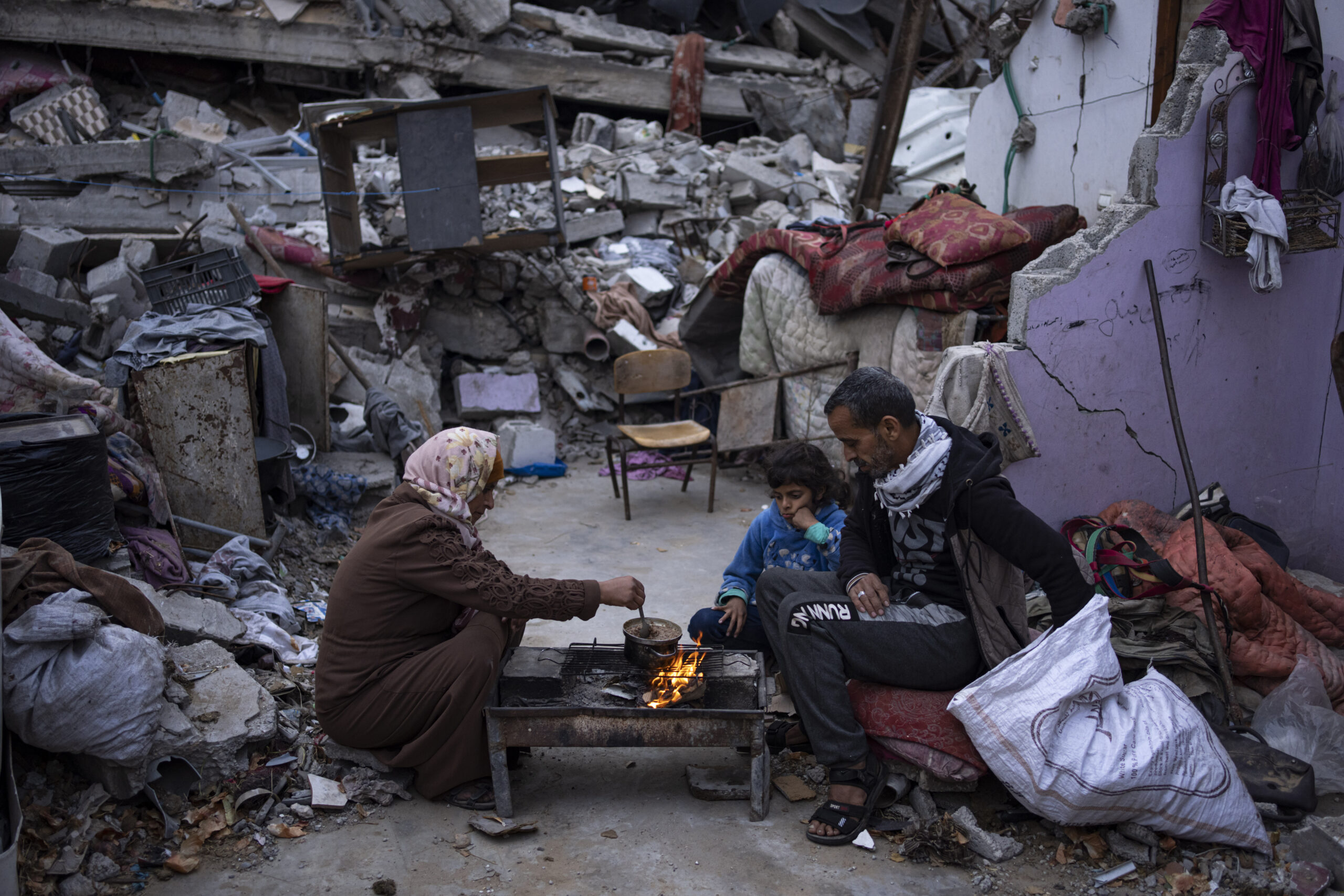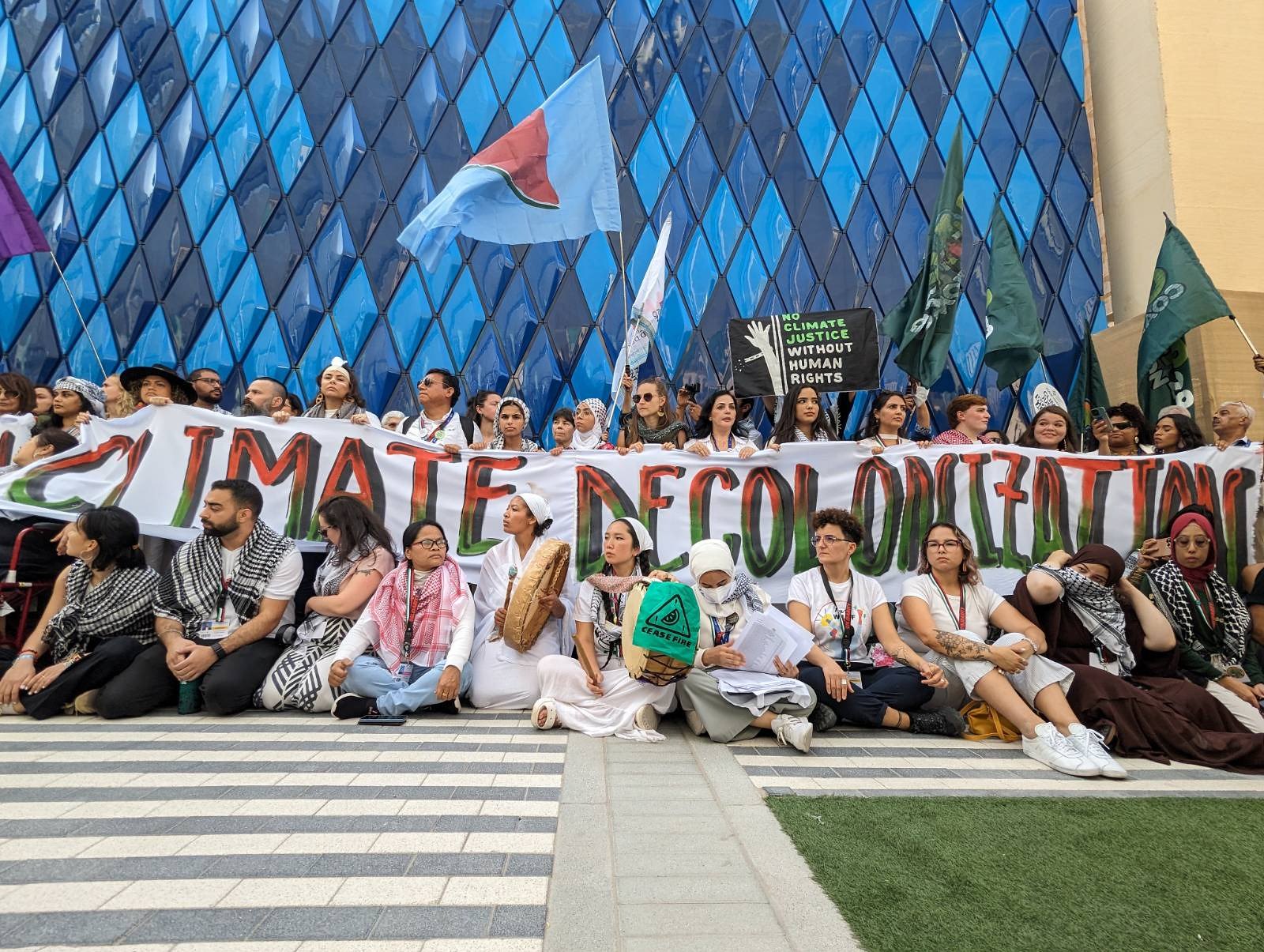Sovereignty and Solidarity in the 21st Century
By Andrea Levy and Corvin Russell. Canada has an international reputation for being friendly. Its foreign policy seems to be rooted in cooperation and human rights while social-democratic policies and values reign at home. This reputation may have something to do with the long shadow cast by its decidedly less friendly neighbor to the south, but history reveals a more complicated reality. From its treatment of the First Nations and migrant workers to its addiction to the extraction of natural resources at home and abroad, Canada hasn’t always been so friendly for all its inhabitants or for the earth we share.
Stephen Harper’s nine long years as prime minister added a new chapter of destruction and suffering to the country’s history and marked a notable shift rightward. The election of Justin Trudeau—the boyish and mediagenic scion of Canada’s most famous Liberal dynasty—has obscured this passage for many international observers. And while Trudeau does represent a kinder neoliberalism—particularly around issues of gender and sexuality—his recent decision to approve two major pipeline projects leaves little doubt about the extent to which his administration is continuing business-as-usual.
Canadian politics is not, however, limited to Liberals and Tories. At the electoral level, the New Democratic Party (NDP), while not in its best moment, nonetheless represents a social-democratic alternative to centrist and right-wing neoliberal parties while Québec Solidaire is a small yet vibrant pluralist socialist party intent on pushing the framework of what is possible in Québecois politics.
Outside the electoral realm, the Maple Spring student protests of 2012 were among the most prominent recent battles against austerity. And across this vast country, First Nation resistance to extractivism and pipeline construction has become a model and inspiration around the world. Trade unionism, while in decline, retains much greater power than in the US, and brilliant, creative intellectuals still find homes in progressive universities throughout the country.
In this study, Andrea Levy and Corvin Russell, coordinating editors of Canadian Dimension magazine—living, respectively, in Montreal and Toronto—explore the terrain of the contemporary Canadian left. Where is it strong, where is it weak? Where do fissures exist in the neoliberal, extractivist state that can be exploited by the left? And crucially, where is there common ground to come together across great geographical and linguistic divides? Indeed, the question of sovereignty for Québec and the First Nations is crucial to understanding the history of Canadian politics and courses through this in-depth examination of the state of the left.



